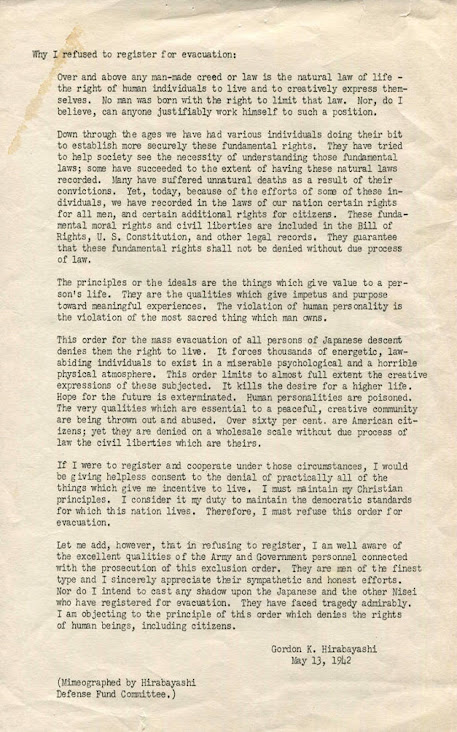This country, founded on a belief in human equality, the power of democracy and the rule of law, is in serious crisis and moving inexorably towards the darkness. After only 232 years since the birth of the Democratic Republic in 1789, the democratic system as outlined in the Constitution has been seriously threatened especially following an attempted coup by its former President on Jan 6 of the year 2021. The near successful attempt to undermine the peaceful transition of power by a mentally unbalanced demagogue and blatant white supremacist is troublesome in its own right.
However, it seems that a major political party not only has essentially refused to condemn this overt attempt to subvert the very basis of a democratically-aligned government but has made it clear through both rhetoric and actions its determination to undermine the electoral process. Through its unrelenting attacks on the truth; and through its violent and corrosive language in which the members of the opposing party – that clearly holds the majority – are labeled as the enemy, it has become quite evident that the democratic process is held in contempt.
These are indeed dark times when the forces of bigotry and repression, of ignorance and violence, of hatred and fear are encouraged and seen as values to be lauded. These are indeed dark times when white supremacy is regarded as a political philosophy to be embraced and emulated. These are indeed dark times when truth is supplanted with outrageous falsehoods and intellect and science are held suspect.
This nation has failed to come to terms with the violent reality of its past. Part of this violent heritage was the near genocide of the native peoples of North America for the primary purpose of uprooting them from their land and their way of life so as to make room for white settlers who wished to forcefully occupy all available land and exploit its vast and untapped resources. There has been and continues to be a refusal to acknowledge the great injustice of the enslavement of the peoples of Africa captured and forcefully exported from their land and their people so as to exploit their labor .and deprive them of their inherent humanity. This incomplete accounting does not include the totality of violent aggression directed at immigrant populations over the life of the nation.
A significant aspect of this past is the many wars of aggression fought around the world so as to impose and protect economic and political hegemony especially in regard to poorer nations. More often than not these conflicts left millions of needless and avoidable deaths and unimaginable destruction.
This unabashed history of intolerance, hatred and violence has left innumerable injuries that fester within the body politic and have seriously impacted the collective psyche of the American people. As a result, fear, uncertainty, insecurity, and suspicion have festered within the population making it susceptible to the vitriol and toxic polemics that reverberate throughout the culture. This has given rise to a crazed environment where hundreds of millions of guns and weaponry are now in the hands of the general public. A consideration of the inevitable outcome of this mass possession of instruments of death is difficult to contemplate.
We are a people in crisis. A route out of this path into the darkness is to turn towards the light. This shift in direction involves a number of key transformations. A first priority must be a return to the truth and the concomitant rejection of the lie in all its manifestations. Secondly, the reality that science has clearly demonstrated that needs to be fully embraced is the fact that all peoples of the world regardless of the color of their skin, place of origin, sexual orientation, gender, etc. are members of the same species – Homo sapiens – all worthy of the same rights and privileges and entitled to the same treatment under the law. A necessary corollary of this truth is the fact that race is an artificial construct that has no reality outside this mistaken perception. A true ascendence to this reality would deny bigotry, prejudice and feelings of racial superiority any standing.
One of the key components of such a shift in attitudes and general mindset is the necessity of discarding delusional thinking that has led to the acceptance of crazed philosophies and expectations that have no true relationship with reality. Freeing ourselves of the burden of this thinking would allow the nation to begin to confront real issues such as climate change, that in the absence of remedial action may eventually engulf us.
Finally and most importantly, we need to discard the blinders that have kept us trapped in a world of our own creation where we have come to believe that we as individuals are the center of existence and therefore fail to recognize and appreciate the wondrous diversity that surrounds us. We are, after all, a part of the fabric of existence; all of humanity and nature deserves to be heard, nurtured, supported and appreciated. This, to me, is the essence of love.





